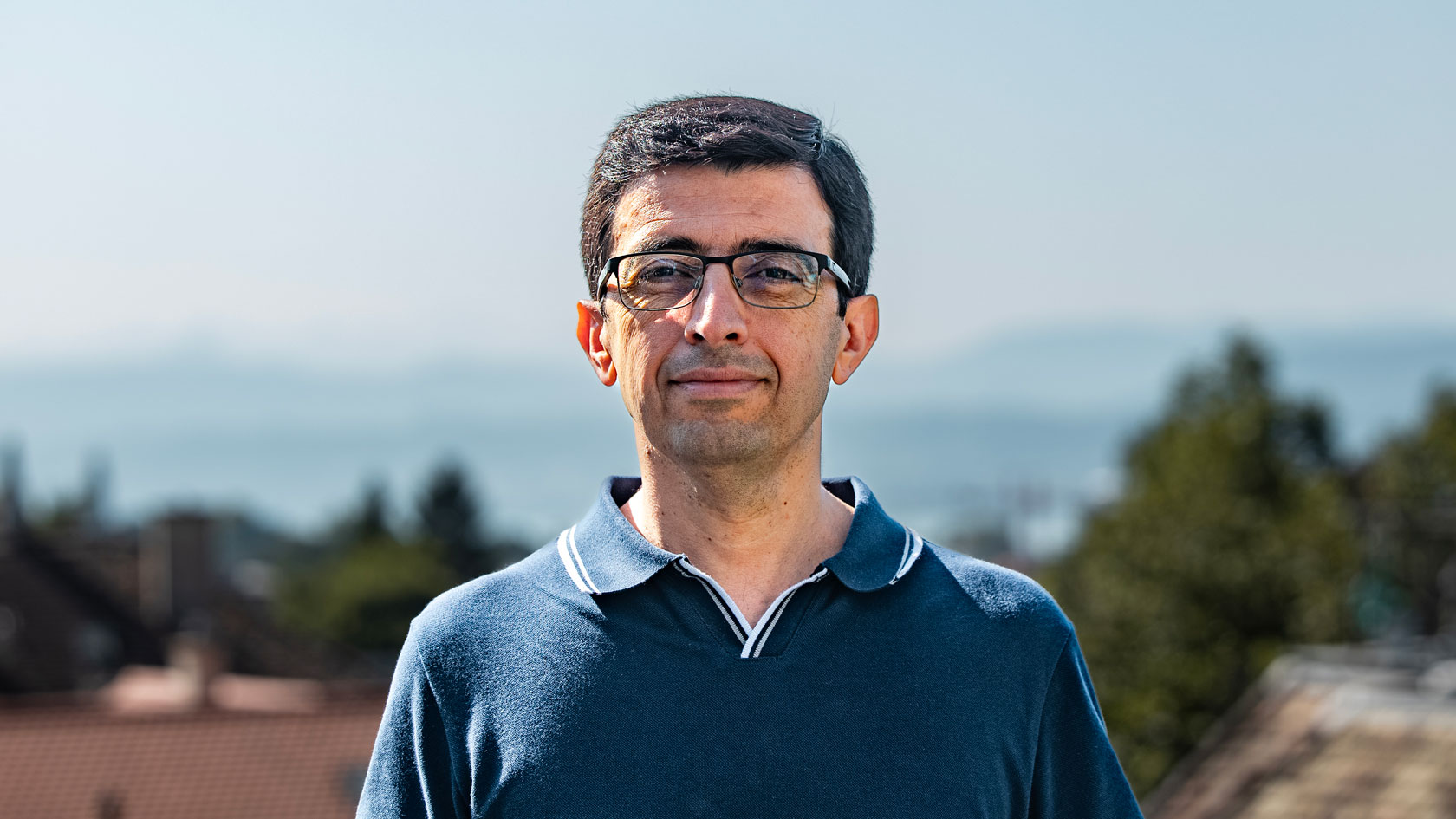Visiting Faculty: Pejman Abedifar
We had the pleasure of welcoming Pejman Abedifar, Assistant Professor of Economics and Finance at Tehran Institute for Advanced Studies as a guest at our Department

Pejman Abedifar is an Assistant Professor of Economics and Finance at the Tehran Institute for Advanced Studies (TEIAS, Iran) and Honorary Lecturer in Banking and Finance, University of St Andrews School of Management (UK). He has published articles in leading journals such as Review of Finance, Journal of Financial Stability, Journal of Banking & Finance and Journal of the American Academy of Religion. His current research projects include fintech lending, relationship banking, bank regulation, and Islamic finance.
Dear Prof. Abedifar, you are an Academic Guest (August/September 2024) at our Department of Finance, collaborating with Steven Ongena. Could you share what research projects you are currently working on together?
Yes, our first research collaboration focused on the role of local banks in assisting farmers after a natural disaster. This is worth exploring, especially considering that the frequency and severity of natural disasters have increased globally due to climate change. This work was recently published in the Journal of Corporate Finance. Currently, we have two other research projects.
|
It is highly beneficial to visit other universities to exchange ideas and experiences, and it is an excellent opportunity to collaborate with Professor Steven Ongena. |
The first one titled: Marketplace Lending: A Resilient Alternative in the Face of Natural Disasters?” (with Hossien Doustali from The Tehran Institute for Advanced Studies, TeIAS). This paper complements our previous work. In this project, we examine the role of fintech lenders in helping the affected households after a natural disaster. This is an important project because banks are reducing their branch networks.
In the second project, we examine the impact of pre-existing banking relationships on loan defaults. This project is titled: “Relationship Banking: The Borrower’s Incentives Channel” (with Soroush Kamyab from TEIAS, and Professor Amine Tarazi from the Université de Limoges).
Flood, Farms and Credit: The Role of Branch Banking in the Era of Climate Change
Marketplace Lending: A Resilient Alternative in the Face of Natural Disasters?
What motivated you to pursue an academic career? How did your research interests change over time? Which findings had the greatest impact on your thinking and work?
I worked as a banker for more than 10 years; during that time, I realized that there were many important issues that required research skills to fully explore and understand.
Causal inference is the most interesting skill that I acquired because it enabled me to distinguish causation and correlation.
Many of your research projects include Islamic finance – this is a topic our students know little about. How do Islamic finance principles and modern banking practices intersect?
Islamic finance aims to provide alternatives to modern financial services that are compatible with Islamic laws, thereby facilitating access to credit for many devout Muslims around the world. So, in this sense both Islamic and conventional banking practices share similar objectives.
Can you tell us a bit about the differences between “Western” and “Islamic” Financial Markets, if there are any?
Islamic financial markets offer Western financial products within a legal framework compatible with Islamic laws. For instance, many Islamic jurists believe that Islam prohibits the payment or receipt of interest on loans. Islamic finance provides financing through trade frameworks, thereby bypassing the stricture imposed by religious scholars on interest on loans.
Are there any specific research collaborations or initiatives you're looking forward to pursuing in the future?
We have a rigorous research Master’s program at the Tehran Institute for Advanced Studies, and I believe that there is potential for initiating some research collaborations between our institutions.
What advice would you give to current PhD students in Finance who are aiming for positions in academia after completing their studies? Are there any specific strategies or preparations they should consider?
Ideally, a PhD student should aim to have a decent publication, or at least a revise-and-resubmit (R&R), and two promising working papers to signal their research skills in the job market. So, they can spend more time on the most promising PhD chapter to make it ready for submission to a journal as soon as possible. For those seeking positions in the US, completing a postdoc there can also be helpful.
Additionally, they should enhance their soft skills, build their professional network, and learn how to effectively market their research. Therefore, I recommend them to attend academic conferences.
Dear Prof. Abedifar, it was a pleasure to meet you. Thank you for the engaging discussion and interview. We look forward to your future visits and continued cooperation!
Find Pejman Abedifar on LinkedIn here